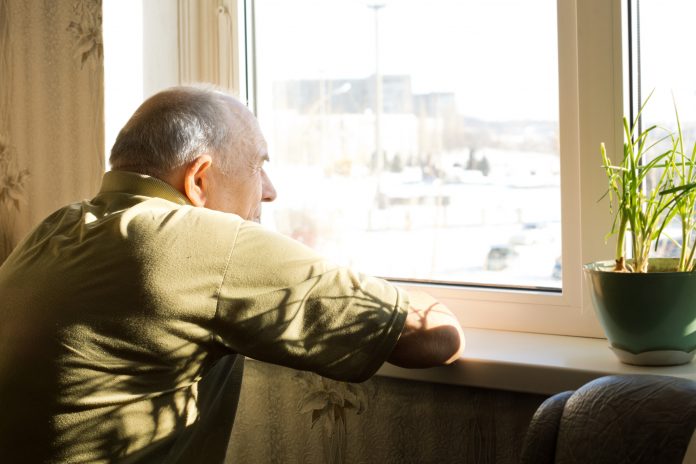Social isolation can cause a higher risk of dementia, as it may develop lower brain volume in areas related to cognition
Separate to risk factors like depression and loneliness, social isolation has been linked to a 26% increased risk of dementia – with results showing that lower grey matter volumes in the brain were associated with higher social isolation.
“It’s more important than ever to identify people who are socially isolated and provide resources to help them make connections in their community.”
Collecting survey data from participants, the researchers also took a variety of physical and biological measurements, including MRI data, as well as having participants take thinking and memory tests to assess their cognitive function.
For social isolation, people were asked three questions about social contact: whether they lived with others; whether they had visits with friends or family at least once a month; and whether they participated in social activities such as clubs, meetings or volunteer work at least once a week.
People were considered socially isolated if they answered no to two or more questions
Assessing over 460,000 people in the United Kingdom, with an average age of 57, who were followed for nearly 12 years before the pandemic, researchers conducted tests and gathered data on dementia.
They found that around 42,000 (9%) people reported being socially isolated, and 29,000 (6%) felt lonely – causing 5,000 people to develop dementia during the study.
Of the 42,000 people with social isolation, 649 (1.55%) developed dementia, compared to 4,349 (1.03%) of those people who were not socially isolated.
Professor Jianfeng Feng of Fudan University in Shanghai, said: “Social isolation is a serious yet underrecognized public health problem that is often associated with old age.
“In the context of the COVID-19 pandemic, social isolation, or the state of being cut off from social networks, has intensified. It’s more important than ever to identify people who are socially isolated and provide resources to help them make connections in their community.”
Social isolation can be bad for your mental health
After adjusting for factors including age, sex, socioeconomic status, alcohol intake and smoking, and other conditions like depression and loneliness, it was found that socially isolated individuals had lower volume in the brain’s grey matter in various regions involved with learning and thinking – which could lead them to develop conditions like dementia.
People who reported higher levels of social isolation were more likely to have lower grey matter volume in areas of the brain associated with learning and thinking. Overall, the results showed that lower grey matter volumes were associated with higher social isolation.
Professor Barbara Sahakian from the Department of Psychiatry at the University of Cambridge, a study co-author, added: “People who reported high levels of social isolation were more likely to show significant differences in brain volume, in regions that we know as also associated with cognition problems and risk of dementia.
“This is very concerning and suggests to us that social isolation may be an early indicator of an increased risk of dementia.”











